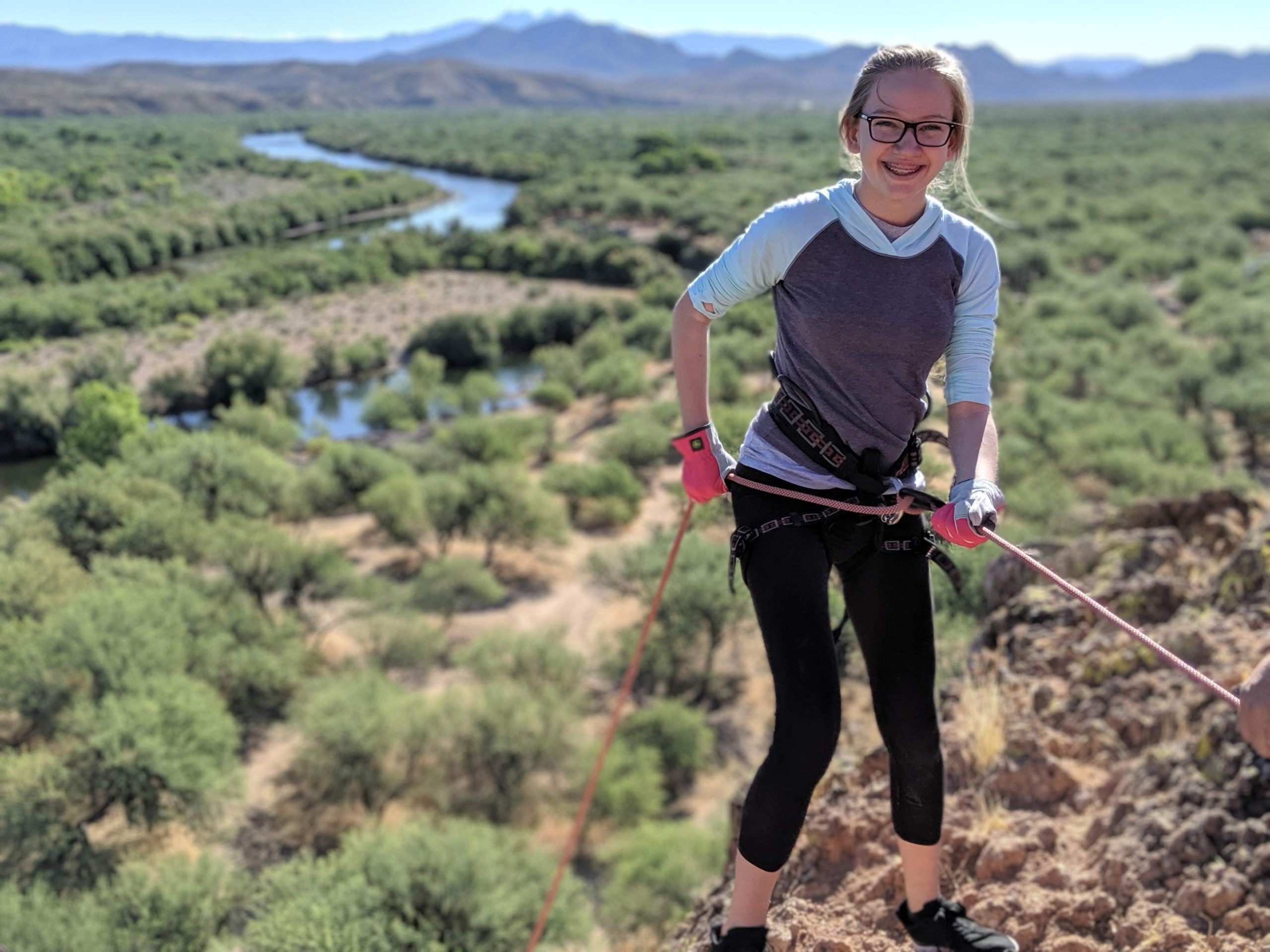Years ago, I was riding a scooter with my 4 year old daughter. We were enjoying the wind on our face the coolness of the afternoon and the overall joy of a scooter ride. It was delightful! Soon, a young boy of about seven years old from the neighborhood caught up with us on his scooter and began to make fun of my daughter. I watched her face change immediately from joy to confusion to distress. She was just so new to riding a scooter. I had a quick impulse to punch this kid. Why was a 7 year old picking on a barely 4 year old?

Luckily this is not a story of how I got arrested for assaulting a young child. It is an acknowledgement that life is not fair and is challenging in a variety of ways even on a carefree scooter ride!
Trying to remove challenges of any size from our children is not truly feasible, nor sustainable. Plus, it is in the challenges that people learn to cope and develop strength. There will often be doses of unkindness and unfairness in multiple aspects of our lives and we must help our kids to navigate while they are young. Doing so, will help them learn to face bigger obstacles and challenges that life will invariably bring.

Here are 3 ways to help your kids face difficulty.
1. Listen. One of the best ways to deal with any challenge or difficulty is to have a supportive person in your life. A supportive person listens. The younger your child is, the more they will need help to identify what they feel. New studies say that simply naming the emotion we feel helps to lessen the stress of it. Our kids sometimes don’t have the words to name what they feel! We can help them. “That sounds frustrating.” or “I can see you feel sad about this.” (We can also point out ways to have compassion on the person who is causing the issue. Often difficulties are circumstantial). I took a parenting class years ago, and was taught the secret to successful active listening is to listen to understand (not to listen to respond) and then occasionally ask “How does that make you feel?” This little question has greatly helped my understanding of each situation, because each child and situation is different.

2. Role Play! Once we understand the real issue (from having listened so well), it is great to talk through possible solutions. Acting situations out can prepare a child to handle the next encounter or challenge better. Sometimes the answer might be “Why don’t I help you study for the next test?” A son of my friend was being teased in the 8th grade for being short. He felt terrible. After talking it over with his dad, they identified great things that he can easily do because he is short. The next time he was bullied for being short, he was able to laugh and say “I am short and it’s cool because I never have to duck down!” His new found confidence from the role play prepared him. Plus his response took the impact out of the teasing! The bullies in this instance laughed with him. There is no effective teasing, if there is no one to play the victim. Role playing can be as simple as talking though possible responses to as complex as a mock job interview to increase confidence.

3. Worse Case Scenario! There will always be days filled with awkwardness or strain. First days of school in a new town, difficult tests in school, awkwardness at work, and misunderstanding between humans! Often the anticipation of the difficulty outweighs the difficulty itself. When you sense anxiety or tension in your child, start with #1 Listen. If you identify that the problem is anticipation of difficulty, ask what the worst possible scenario could be. For example: You are starting school in this new town and you don’t know anyone. What if the teacher is mean and no one wants to be your friend? What if at lunch you have to sit on a bench in the rain? (And Etc.) Then talk through the best case scenario: You walk into school and make a new friend instantly, the teacher thinks you are amazing and everyone admires you! This would work perfectly for a 5-9 year old who recognizes that a lot of life is somewhere in the middle. And you can change up the dialogue for your older kiddos.
I was a confident kid and so I was surprised at age 14 on the morning of starting a new school that my stomach was feeling terribly sick. I had no desire to eat breakfast, because my stomach seemed unpredictable. My mom said I was probably just nervous, which actually seemed preposterous to me, but it turned out to be true. My breakfast did stay down. I navigated through the new halls and made many friends within a couple of weeks. Who knew? First day of school jitters is a real thing!

This recipe for connection and handling difficulties can treat a wide range of problems, but if you find problems that are bigger than you can handle alone, don’t be hesitant to bring in a professional. There are lots of qualified therapists and doctors that can help. You are your child’s advocate and can help them find their way.
Happy listening, connecting and conquering!
Would you like this positivity in your inbox? 🙂 We will email you a couple times a month so you can see the new posts! Don't worry we also don't like spam!
By submitting this form, you are consenting to receive marketing emails from: . You can revoke your consent to receive emails at any time by using the SafeUnsubscribe® link, found at the bottom of every email. Emails are serviced by Constant Contact



